Health and Nutrition
Floratherapy: How Flowers Can Help Reduce Stress, Anxiety, and Boost Mental Health
Discover the Healing Power of Flowers Through Aromatherapy, Color Therapy, and Nature-Based Emotional Support Backed by Scientific Research
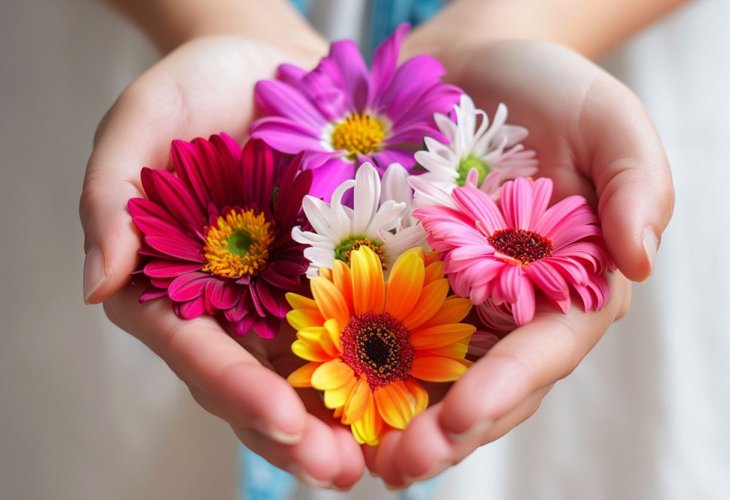
In recent years, the world of mental health has seen a rise in unconventional and innovative therapeutic approaches. One intriguing method gaining attention is floratherapy—a form of emotional healing that uses flowers and their active compounds to reduce stress, anxiety, and promote emotional well-being. This therapeutic approach is rooted in both botanical and psychological research.
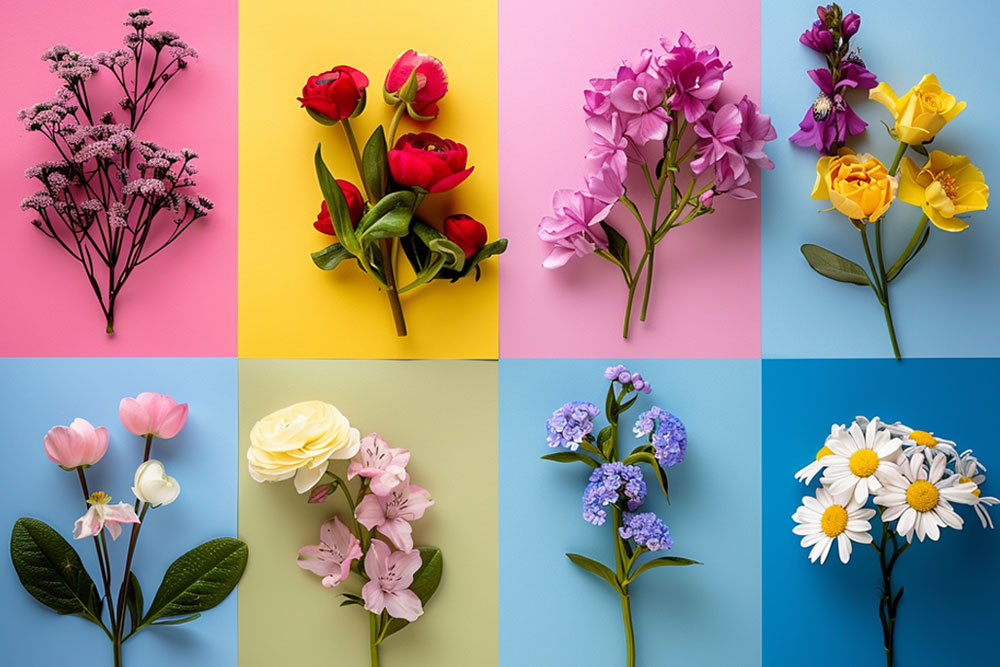
The link between flowers and emotional wellness has been studied for decades, based on their aromatherapeutic properties and aesthetic appeal. Flowers provide gentle sensory stimulation that can reduce feelings of stress and anxiety. Still skeptical? Just close your eyes and imagine yourself in a blooming field, or simply gaze at a bouquet—the colors and shapes of flowers naturally calms the mind.
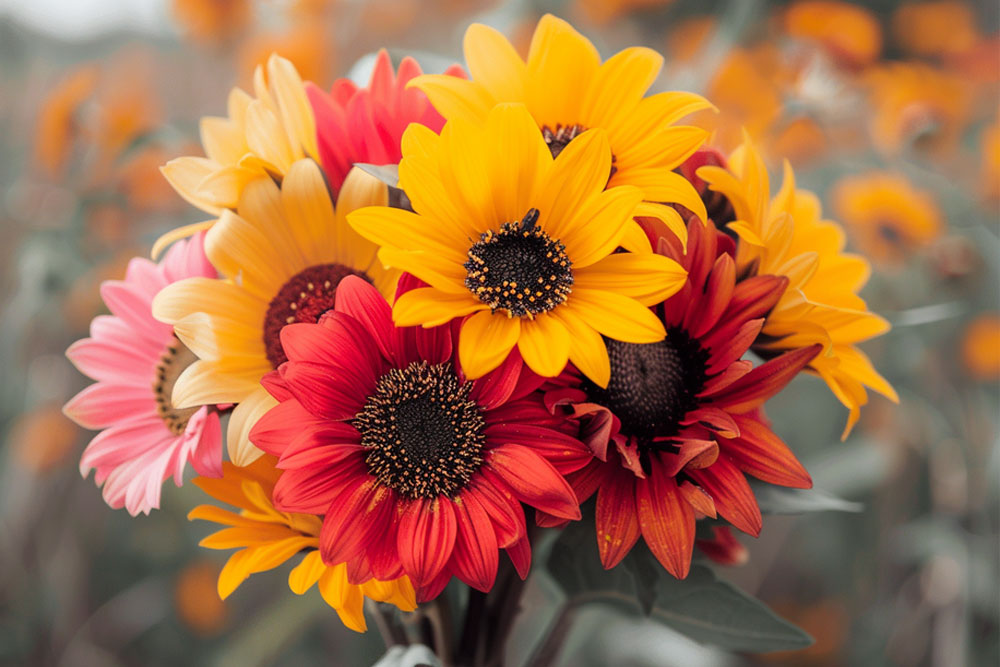
Floratherapy influences the psyche through several mechanisms:
1. Aromatic Effects
Essential oils extracted from flowers are absorbed through the olfactory system and directly affect the nervous system. Studies show these oils can reduce anxiety, depression, pain, and even improve sleep quality.
For example, research in Japan revealed that lavender scent lowers cortisol levels—the hormone associated with stress. A study from Rockefeller University also found that certain floral scents trigger pleasant memories and boost nostalgic feelings, which enhance mood.
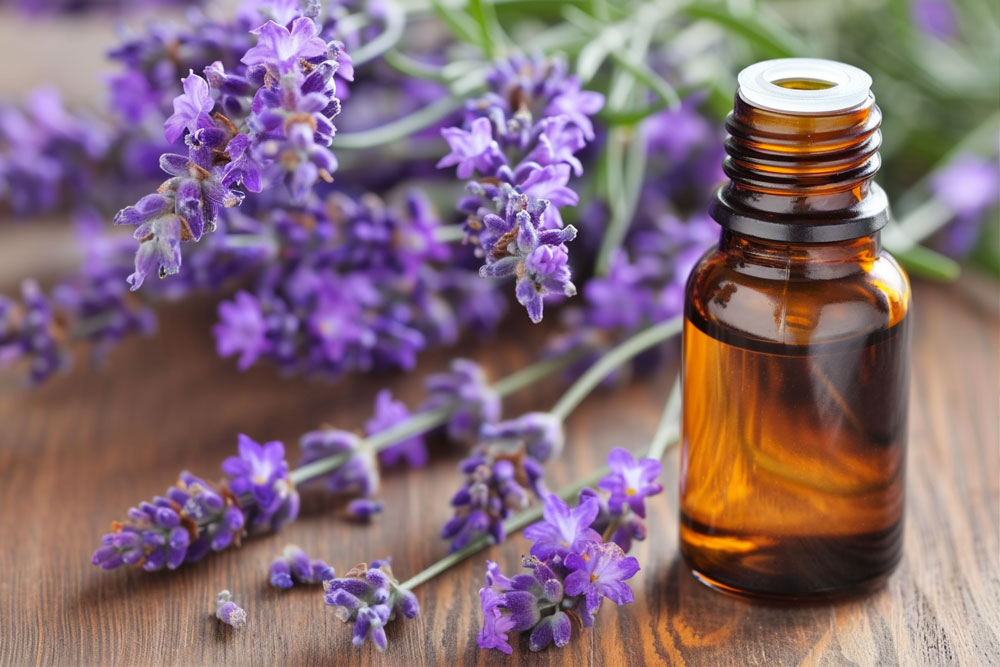
2. Color Psychology
Each flower color has a unique psychological impact. Warm colors like red and orange stimulate energy and happiness, while cool colors like blue and green evoke calm and serenity. Flower colors play a central role in the therapy, as each shade represents different emotions and can influence the patient’s state of mind.
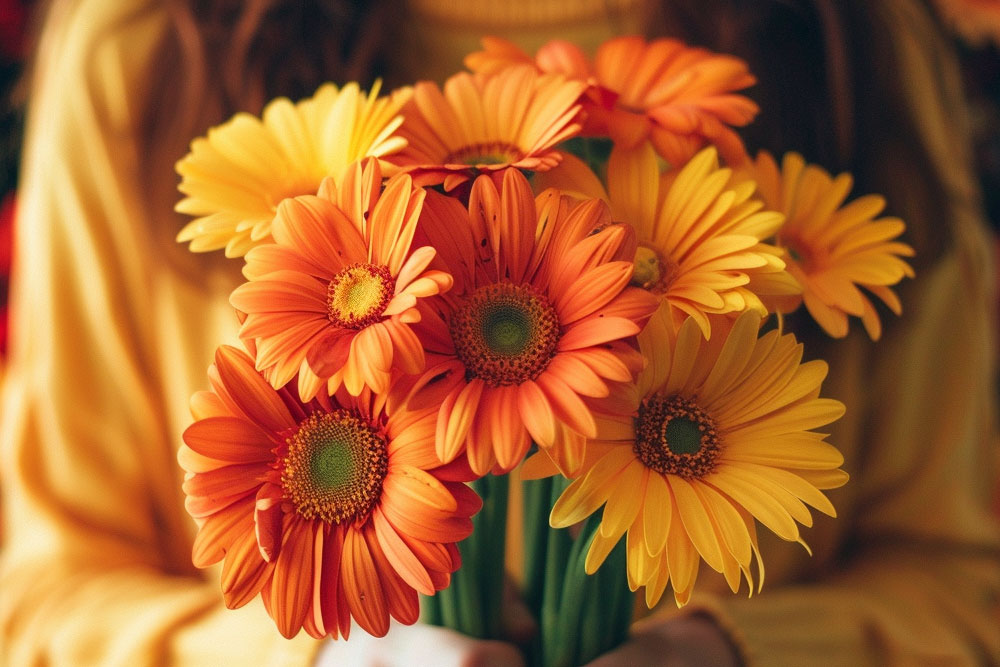
3. Symbolic Meaning
Flowers carry rich cultural and symbolic significance. Floratherapists use these meanings to trigger emotions, memories, and introspective insights in patients, making the treatment deeply personal and symbolic.
Numerous studies support floratherapy’s effectiveness in treating conditions such as anxiety, depression, pain, and insomnia:
A Harvard University study found that people who begin their day in the presence of flowers report better moods and improved general well-being.
A study at Oxford University showed that simply spending time in a flower field can reduce anxiety by up to 60% and significantly improve emotional health. Patients participating in this study walked through flower fields, absorbed the natural beauty and fragrances, and emerged with elevated moods and reduced stress levels.
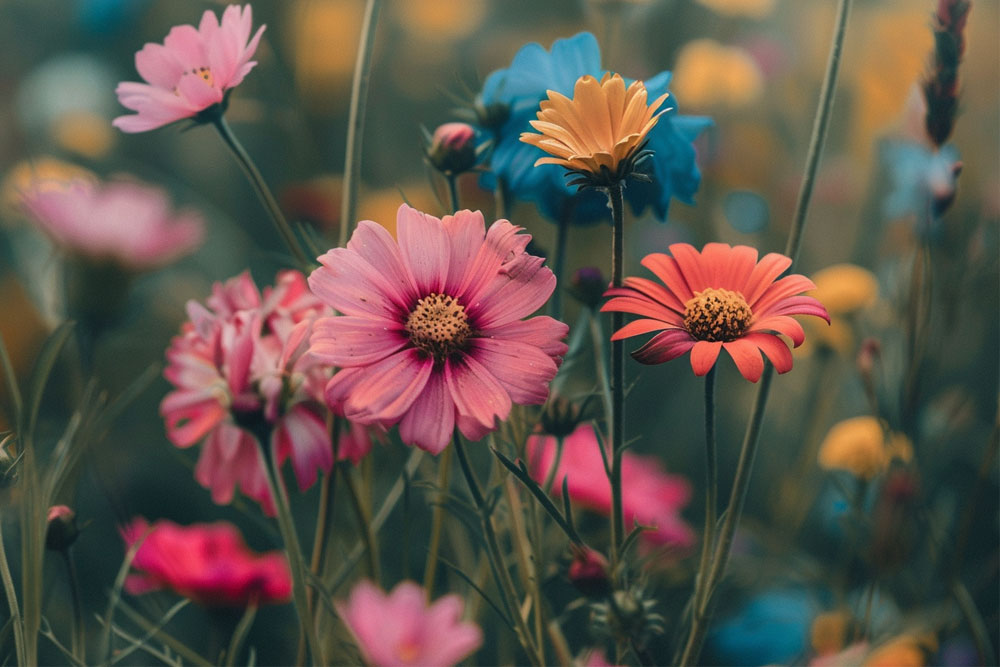
As research continues to affirm floratherapy's benefits, it's increasingly seen as a powerful complement to conventional mental health treatments. The natural scents, colors, and environment of flowers offer a holistic approach to emotional healing.
If you're seeking a natural, immersive, and holistic method to reduce stress, ease anxiety, or simply boost your mood, floratherapy may just be the perfect path for you.

